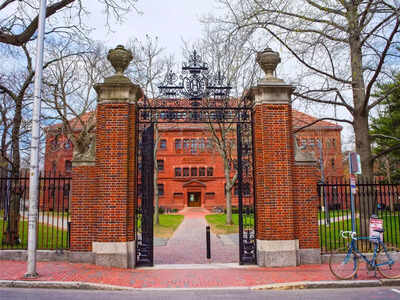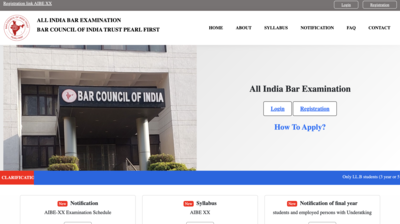Harvard board halts conservative student magazine over “reprehensible” content

Harvard University’s conservative student magazine, The Harvard Salient, has been temporarily suspended by its board of directors following the publication of material described as “reprehensible, abusive, and demeaning.” In an online statement on Sunday, the magazine’s 10-member board — comprising alumni and four ex officio advisers — announced that operations would be paused while an internal review takes place. The board said it had received “credible complaints about the broader culture” within the organisation and that the content in question was “wholly inimical to the conservative principles for which the magazine stands.” According to The Harvard Crimson, the statement did not identify any specific article or author, but the suspension follows weeks of campus controversy over The Salient’s September issue.
A campus divided over speech and responsibility
The controversy centres on an article that employed language strikingly similar to a 1939 speech by Adolf Hitler, declaring that “Germany belongs to the Germans, France to the French, Britain to the British, America to the Americans.” The article, written by undergraduate David F.X. Army, argued that ethnic groups have rights to their ancestral homelands and should restrict migration to preserve cultural identity. It also asserted that Islam and non-European migration “have no place in Western Europe,” and warned that population shifts amount to “demographic engineering.”The Harvard Crimson reports that the phrase “blood and soil,” once used as a Nazi slogan, also appeared in the piece, which prompted immediate condemnation from students and faculty. Three opinion columns published in The Crimson criticised the magazine for reproducing extremist language under the guise of intellectual debate. In response, the magazine’s student leadership defended the publication, insisting that the contentious phrases were not drawn from Nazi rhetoric but represented “a generic nationalist formulation” common in political writing. Editor-in-chief Richard Y. Rodgers maintained that the resemblance was unintentional and accused critics of “confusing a defence of belonging with a manifesto on exclusion.”
Lines blurred between ideology and incitement
The September issue did not stop at one controversy. Another article urged Harvard to reinstate separate schools for men and women, an echo of the pre-1969 era before the university’s merger with Radcliffe College. In recent months, The Salient’s tone has become more strident. Following the death of conservative activist Charlie Kirk earlier this year, one article described the political left as “our enemies” and “a mental illness,” language that alarmed many students and drew renewed attention to the magazine’s editorial direction. Founded in 1981, The Harvard Salient once described itself as “moderate to conservative.” When it was revived in 2021, its editors pledged to welcome diverse viewpoints. Yet its recent trajectory, reflects a pronounced shift further to the right, aligning with a global trend of polarisation among student publications and youth political movement, The Crimson reports.
Harvard’s muted response
While The Salient’s board has acted swiftly, Harvard’s administration has largely stayed silent. University officials have traditionally sought to balance the defence of free expression with the need to condemn hate speech, a delicate equilibrium under the institution’s new “neutrality” policy. President Alan M. Garber and former Dean Rakesh Khurana have previously denounced antisemitic and discriminatory material shared by student groups, asserting that “condemning hate speech is compatible with neutrality,” The Crimson reports. However, College Dean David J. Deming told The Harvard Crimson earlier this month that he did not plan to intervene in The Salient case unless a university rule or law had been violated. “Students have a right to express themselves,” he said, “and students have a right to be outraged by those expressions.” A Harvard spokesperson reiterated that The Salient remains “fiscally and editorially independent,” and declined to comment on whether the university had received complaints about the magazine.
A test case for campus speech
The suspension of The Harvard Salient highlights an enduring question for universities: How far should institutions go in policing student expression? While the board’s decision signals a rare internal reckoning, it also underscores the fragility of academic spaces where ideological conviction and ethical responsibility collide. As the investigation proceeds, the debate at Harvard is likely to resonate well beyond its campus, testing the limits of free speech, the accountability of student-led media, and the moral obligations of those who publish in the name of intellectual diversity.






